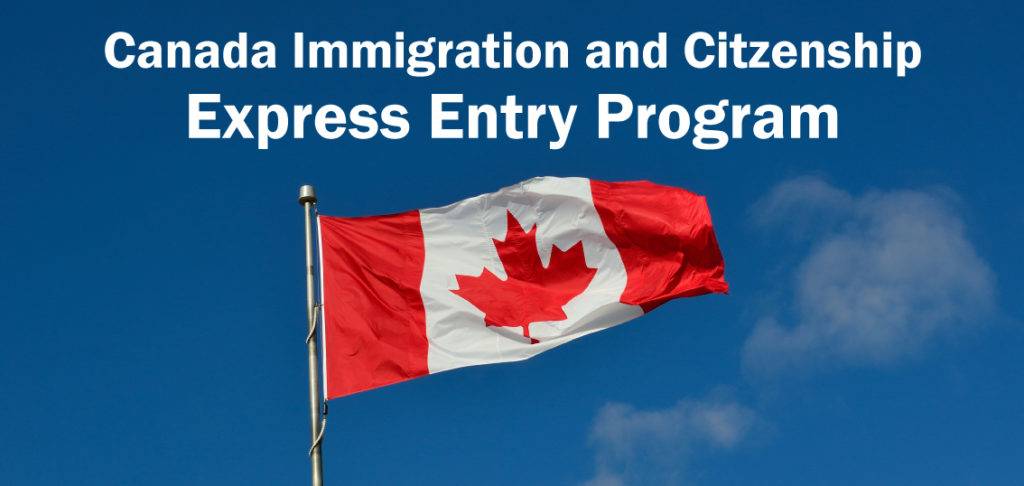Moving to the UK is an exciting opportunity but can also come with challenges, especially when managing your money. Understanding the cost of living is crucial for anyone starting fresh in a new country. By knowing how much things like rent, groceries, and transportation cost, you can create a budget that works for you.
This guide will break down the main expenses you’ll encounter in the UK and offer simple tips to help you save money. With the correct information and planning, you can enjoy your new life in the UK without financial stress.
Read: How to Open a Bank Account in the UK as a New Immigrant: A Step-by-Step Guide
Understanding the Cost of Living and Major Expenses in the UK
Understanding the cost of living in the UK is essential for newcomers, as it helps you manage your budget effectively. The cost of living includes various expenses that you will encounter regularly.
Here’s a breakdown of the main costs you should be aware of:

- Housing:
- Housing is often the most significant expense. Rent prices vary widely across the UK. In cities like London, a one-bedroom apartment can cost around £2,000 per month, while in smaller towns, you might find similar apartments for about £800.
- To save money, consider options like sharing a flat or living outside the city center, where rents are typically lower.
- Transportation:
- Public transport, including buses and trains, is a good way to travel around the UK. A monthly travel pass in London may cost about £150, while prices in other cities can be lower.
- To cut costs, consider walking or biking for shorter trips and looking for discounts for students or seniors.
- Groceries
- On average, a monthly grocery bill for one person might be around £200. Prices can differ between supermarkets, with stores like Aldi offering lower prices than larger chains.
- To save on groceries, plan your meals, buy in bulk, and choose seasonal produce to keep costs down.
- Healthcare:
- The National Health Service (NHS) provides healthcare services to residents at little or no cost. As an immigrant, you may need to pay a healthcare surcharge when applying for your visa.
- Register with a local GP (general practitioner) to access NHS services.
- Education
- Education costs vary significantly. Public schools are free, but private schooling can be expensive, sometimes costing several thousand pounds annually.
- If you have children, research local schools to find the best fit for your family. For adults, many community colleges offer affordable courses.
By understanding these critical expenses, you can better plan your financial future in the UK. Knowing how you spend your money will help you make smart choices and save for what truly matters.
Read: How to Avoid UK Visa Scams: A Comprehensive Guide
Tips for Immigrants to Save Money
Find budgeting strategies, ways to get discounts, and practical tips for making the most of local resources.

- Budgeting Tips:
- Create a budget to track your income and expenses. This will help you understand where your money goes and identify areas for savings.
- Use budgeting apps like Mint or YNAB (You Need A Budget) to help manage your finances.
- Consider making a monthly budget template to set limits for different expense categories.
- Finding Deals and Discounts
- Websites and apps like VoucherCodes and Groupon can help you find discounts on groceries, dining, and activities.
- Sign up for loyalty programs at your favorite stores to earn points or cashback.
- Look for community events that offer free entertainment or activities.
- Utilizing Local Resources
- Many cities have community resources, including food banks, job centers, and advice services. These can provide support and help you save money.
- Local cultural centers may offer free or low-cost classes and activities that help you integrate into the community.
- Cost-Effective Living Choices:
- Cooking at home is often cheaper than eating out. Try to prepare meals in advance and reduce food waste by using leftovers creatively.
- Explore free entertainment options, like parks, libraries, and community events, to enjoy your time without spending a lot.
Personal Finance Strategies
Learn how to set up a UK bank account, understand tax basics, and find essential insurance options to protect your assets.
Opening a UK Bank Account
- Importance: A UK bank account simplifies managing your money and helps you avoid extra transaction fees.
- Requirements: To open an account, you usually need:
- Proof of Identity: This can be your passport or national ID card.
- Proof of Address: This could be a utility bill, rental agreement, or bank statement showing your name and address.
- Choosing a Bank: Research different banks to find one that suits your needs. Look for low-cost options, good customer service, and services that meet your requirements.
Understanding Taxes and Benefits
- UK Tax System: As an immigrant, you must follow UK tax laws. This includes:
- Income Tax: A percentage of your earnings goes to the government.
- National Insurance: This helps fund public services like healthcare.
- Financial Benefits: You might be eligible for benefits such as:
- Universal Credit: This helps with living costs if you’re low-income.
- Child Benefits: This provides financial support for children.
- Research: Check what benefits you qualify for and learn how to apply.
Insurance Essentials
- Health Insurance: If you use private healthcare, consider getting health insurance to cover costs.
- Home and Car Insurance: If you own a house or a car, consider insurance to protect your assets.
- Comparison Shopping: Get quotes from several providers for the best rates and coverage.
Read: UK Visa Rejection Triggers: 7 Sure Ways to Get Denied
Employment Considerations
Understand your employment rights in the UK and discover valuable tips for finding job opportunities.
Understanding Employment Rights
- Worker Rights in the UK: In the UK, every worker is entitled to certain rights that protect them in the workplace. Key rights include:
- Minimum Wage: You can earn at least the national minimum or national living wage, which the government determines.
- Working Hours: Most workers cannot be required to work more than 48 hours a week unless they agree to it. You are also entitled to rest breaks and paid holiday leave.
- Safe Working Conditions: Employers must ensure a safe working environment to minimize risks and hazards.
- Protection from Discrimination: You should not face unfair treatment based on race, gender, age, disability, sexual orientation, or religion.
- Addressing Workplace Issues: If you encounter problems at work, such as unfair treatment or unsafe conditions:
- Know Your Rights: Familiarize yourself with your employment rights to understand what is acceptable in the workplace.
- Seek Help: Utilize legal resources, such as the Advisory, Conciliation, and Arbitration Service (ACAS), which offers free advice on employment-related issues.
Job Searching Tips
- Finding Job Opportunities: Use various online resources to look for job openings:
- Job Boards: Websites like Indeed, Monster, and Totaljobs list numerous job vacancies across different sectors.
- Networking Sites: LinkedIn is a valuable platform for connecting with professionals in your field, following companies, and discovering job postings.
- Creating a Strong Application: Tailoring your CV and cover letters is essential to stand out in the UK job market:
- CV Format: Ensure your CV is clear and concise, ideally no longer than two pages. Include sections on personal details, work experience, education, skills, and references.
- Highlighting Skills: Focus on relevant skills and experiences that align with the job description. Use specific examples to demonstrate your achievements.
- Cover Letter: Write a personalized cover letter for each application, explaining why you are interested in the position and what you can bring to the company.
Cultural Adjustments and Cost-Saving Mindset
Get tips on adapting to UK culture, connecting with the community, and enjoying affordable local activities.

Understanding UK Culture and Customs
- Adapting to a New Culture: Moving to a new country involves adjusting to different customs and ways of life. Key points to consider include:
- Local Etiquette: Familiarize yourself with common social behaviors, such as politeness, queuing, and small talk, which are essential in British culture.
- Language Nuances: While English is the primary language, regional accents and dialects may vary. Don’t hesitate to ask for clarification if you don’t understand something.
- Participating in Community Events: Engaging in local activities can help you feel more at home:
- Local Festivals and Events: Attend fairs, markets, and festivals to experience British culture and meet new people.
- Volunteering: Getting involved in volunteering opportunities is a great way to give back to the community, build connections, and enhance your CV.
Building a Community
- Connecting with Others: Establishing a support network is crucial for feeling settled in your new environment:
- Local Groups: Seek out immigrant communities or cultural associations that can provide friendship and support.
- Social Media: Use platforms like Facebook and Meetup to find groups and events that align with your interests.
- Networking for Opportunities: Building relationships within your community can lead to valuable opportunities:
- Informational Interviews: Contact individuals in your desired industry for informal chats about their career paths and to seek advice.
- Mentorship: Consider finding a mentor to guide you through your new job market and career development.
Understanding the cost of living in the UK is essential for immigrants managing their finances. By being mindful of expenses and using practical tips to save, you can make the most of life in the UK. Use available resources, like budgeting tools (e.g., Mint, YNAB), discount websites (e.g., VoucherCodes, Groupon), and community services (e.g., local.



1 comment
I am interested work in